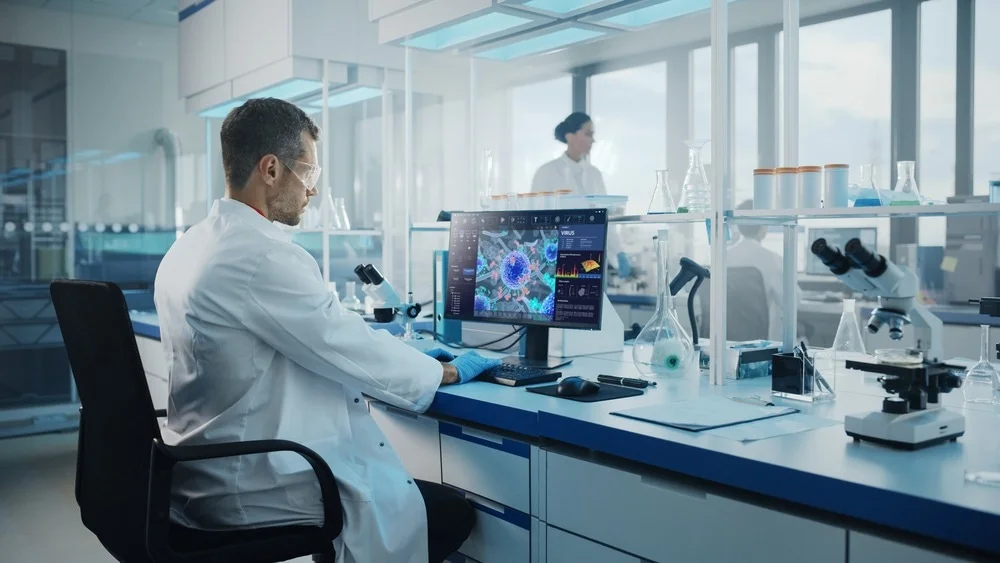LIS or Laboratory Information System is a software that functions to integrate patient data, lab test results, and also archive data from a healthcare facility. In the era of Industry 4.0, LIS has become an important part of a healthcare facility to minimize human error and improve the effectiveness of the laboratory.
In the Industry 4.0 era, healthcare services in hospitals have transformed with the support of Information and Communication Technology (ICT). Innovations such as Medical Big Data, Internet of Things (IoT), and the use of smartphones have changed the way patient data is handled. This allows the main focus to remain on patients by increasing efficiency and accuracy in diagnosis and health information management.
These changes lead to processing and utilization of larger data for better and integrated medical decision-making while minimizing human errors from users. By continuously leveraging technological advancements, the healthcare industry can adapt to environmental changes and improve the quality of patient care. The development of laboratory information systems is also promoted by the Ministry of Health of Indonesia with the aim of:
- Improving examination results to be faster and more accurate
- Maintaining patient data security
- Improving laboratory performance
- Enhancing data transfer efficiency
- Increasing patient satisfaction

Therefore, it is important for us to understand what LIS is. LIS itself stands for Laboratory Information System, which is a software used to manage and automate various laboratory processes in hospitals, clinical laboratories, or other healthcare institutions. This system includes sample management, laboratory testing, result reporting, and integration with other health information systems to support efficient and accurate healthcare provision.
Based on its functions and usage, there are several types of Laboratory Information Systems (LIS) commonly used in the healthcare industry, including:
- General LIS: Designed to manage various types of laboratory testing in various fields, including clinical chemistry, hematology, microbiology, pathology, and others.
- Specialized LIS: Systems specialized for one type of test or specific field, such as LIS for pathology laboratories or LIS for microbiology laboratories.
- Point-of-Care (POC) LIS: Systems designed for use at points of direct patient care, such as intensive care units or clinics, to manage on-site testing (rapid diagnostics).
One LIS product owned by Isotekindo is Fortace Dx LIS, where Fortace DX Lis can be integrated with medical devices through HL7 and ASTM. Fortace Dx LIS also features auto start, easy user access, and efficient test processing to simplify laboratory workflows.
Reference:
- DPW PATELKI Jateng. (2020). Laboratory Information system (LIS)-PATELKI JATENG
- Suseno, W. J. (Kemenkes RI). (2023). Menerapkan Laboratory Information System (LIS) Integrated Technology.
- Khajehei, N., Khorsandi, M., et al. (2017). "Evaluation of Laboratory Information System Utilization: A Case Study of Two Teaching Hospitals in Tehran, Iran." Acta Informatica Medica, 25(4), 265-268.


